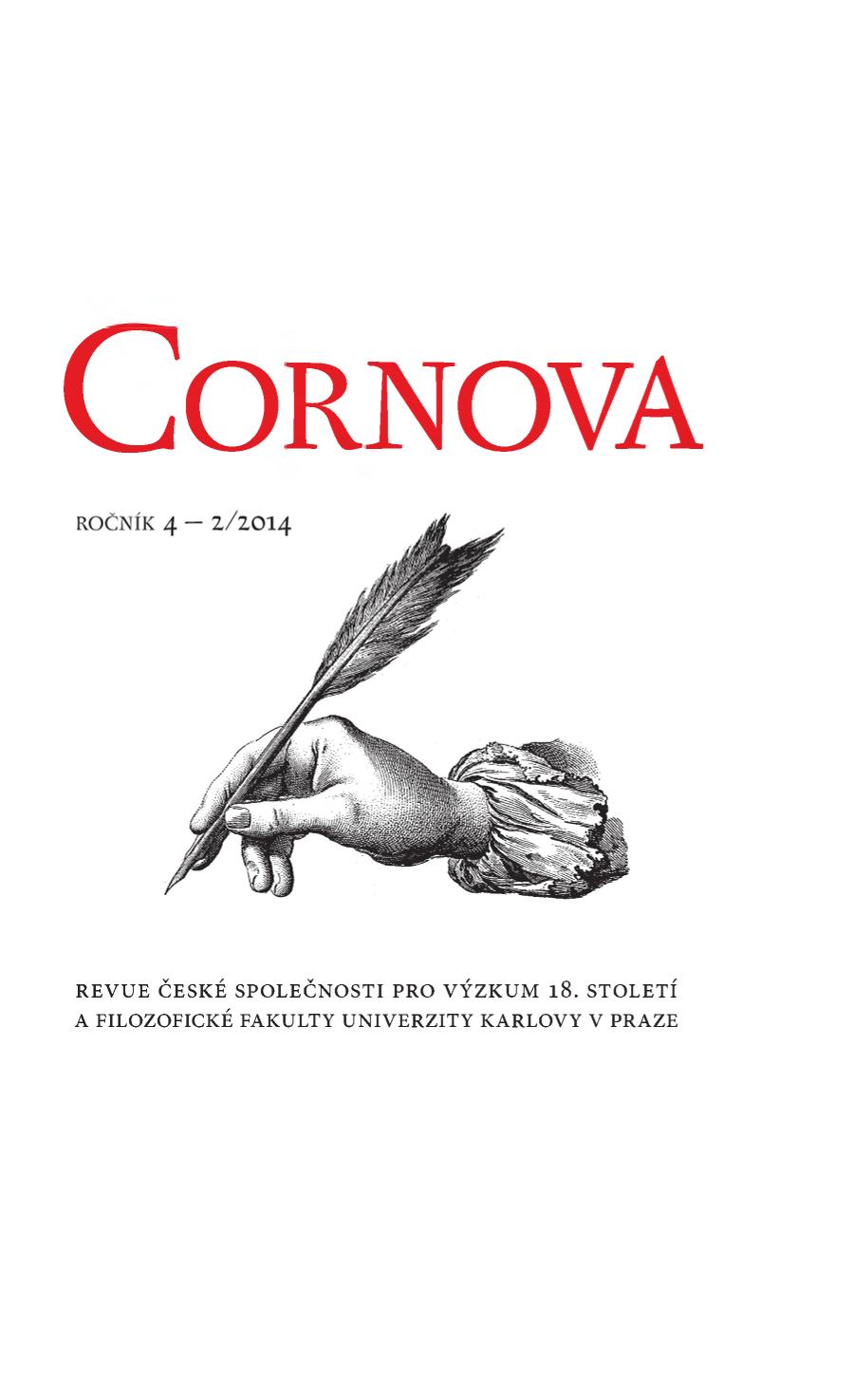Od teatrality k intimitě? Emoce a smrt u Martiniců a Schwarzenbergů v období baroka a romantismu
Emotions and Death of the Counts of Martinice and the Princes of Schwarzenberg between the Baroque and the Romanticism
Author(s): Václav Grubhoffer, Josef KadeřábekSubject(s): Christian Theology and Religion, Comparative history, Early Modern Philosophy, 17th Century, 18th Century
Published by: AV ČR - Akademie věd České republiky - Ústav pro českou literaturu
Keywords: Death; dying; the counts of Martinice; the princes of Schwarzenberg; last moments; emotions; good death;
Summary/Abstract: Between the Baroque and Romanticism attitudes to death and the discursive framework of the emotional experience of dying fundamentally changed among the Catholic high nobility. The ideal baroque death was supposed to take the form of an extreme point at which the dying person confessed their sins through theatrical gestures and utterances. The deathbed ritual explicitly confirmed the denominational and spiritual orientation of the family. In succeeding generations, both aristocrats and commoners were expected to be confirmed in that orientation by a written and iconographic testimony rich in symbols. Romanticism, on the other hand, imbued the process of dying with sentiment, loving care and family cohesion, which among the high nobility brought solace and a peaceful death. Finally, between the Baroque and Romanticism the relative status of private and public experience of the last moments changed. The Baroque “theatrical” deathbed, which was presented with the central figure of the dying individual and the priest, was a public event. Gradually it changed into a more intimate, quiet contemplation with only a few witnesses gathered in the family circle. Moreover, the doctor came to replace the priest as the chief attendant at the dying person’s bedside. What remained unchanged was the anxious determination to conform to expected patterns of behaviour. By trying to fulfil the contemporary ideal of a “good death”, the counts of Martinice and the princes of Schwarzenberg tried to affirm their unique position in Bohemian (and European) aristocratic society. Their emotional experience of death was intended to serve as an example to their descendants and form one of the constitutive elements of the family’s collective memory.
Journal: Cornova
- Issue Year: 04/2014
- Issue No: 02
- Page Range: 25-37
- Page Count: 13
- Language: Czech

